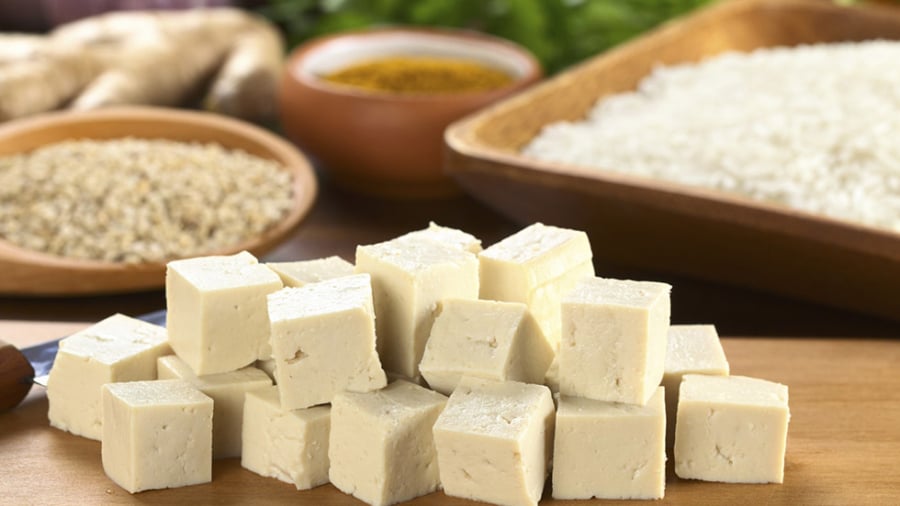The thyroid is a crucial organ in the body, responsible for producing hormones that regulate various vital functions. However, when thyroid issues arise, such as hyperthyroidism or hypothyroidism, diet can directly impact the treatment and overall health. A common question among thyroid patients is, “Do I need to avoid cruciferous vegetables and tofu due to my thyroid condition?”
To answer this, we need to understand the components of cruciferous vegetables and tofu, and their link to thyroid health.
Do thyroid patients need to avoid cruciferous vegetables and tofu?
Cruciferous Vegetables: These vegetables contain goitrogens, compounds that can interfere with thyroid function, especially when consumed in excess. Goitrogens inhibit iodine absorption, which is crucial for thyroid hormone production. However, cruciferous vegetables are nutrient-rich and provide beneficial vitamins and minerals, so they don’t need to be eliminated entirely.

According to Dr. Nguyen Thi Lan, an endocrinology specialist at the Central Endocrinology Hospital, “Cruciferous vegetables, particularly cabbage, curly kale, and chrysanthemum greens, can impact the thyroid when consumed raw or in excessive quantities. However, proper cooking methods such as boiling or steaming significantly reduce the goitrogen content, minimizing their effect on the thyroid.”
Tofu: Tofu is a great source of protein and is highly beneficial for health, especially for vegetarians. However, tofu contains phytoestrogens, plant-based estrogens that can influence thyroid activity if consumed in large amounts. Nonetheless, studies indicate that moderate tofu consumption does not harm individuals with thyroid conditions.
Nutritionist Pham Thi Mai from Xanh Pon General Hospital advises, “Tofu and soy products do contain phytoestrogens, but when consumed in moderation and without excess, they do not severely impact the thyroid. Additionally, the processing of soy is important – opt for organic soy and ensure proper preparation.”
What foods should thyroid patients avoid?
While cruciferous vegetables and tofu don’t need to be completely avoided, thyroid patients should be mindful of certain food groups that may affect their condition:
Iodine-rich foods: Individuals with thyroid issues should monitor their iodine intake. While iodine is essential for thyroid function, excessive amounts can be detrimental. Therefore, limit your consumption of iodine-rich foods such as seaweed and seafood.
Goitrogen-containing foods: Vegetables like cabbage, curly kale, and spoon mustard contain goitrogens, but only when consumed raw or in large quantities do they impact the thyroid. So, thyroid patients can eat these vegetables if they are properly cooked.
Processed and sugary foods: These foods are generally unhealthy and can exacerbate inflammation and thyroid dysfunction.
Adopting a healthy diet, along with medical treatment, will help thyroid patients better manage their condition and reduce complications. While complete avoidance of cruciferous vegetables and tofu is unnecessary, proper preparation and moderation are key. It is important for patients to consult with medical professionals for personalized dietary advice based on their specific thyroid health status.
































